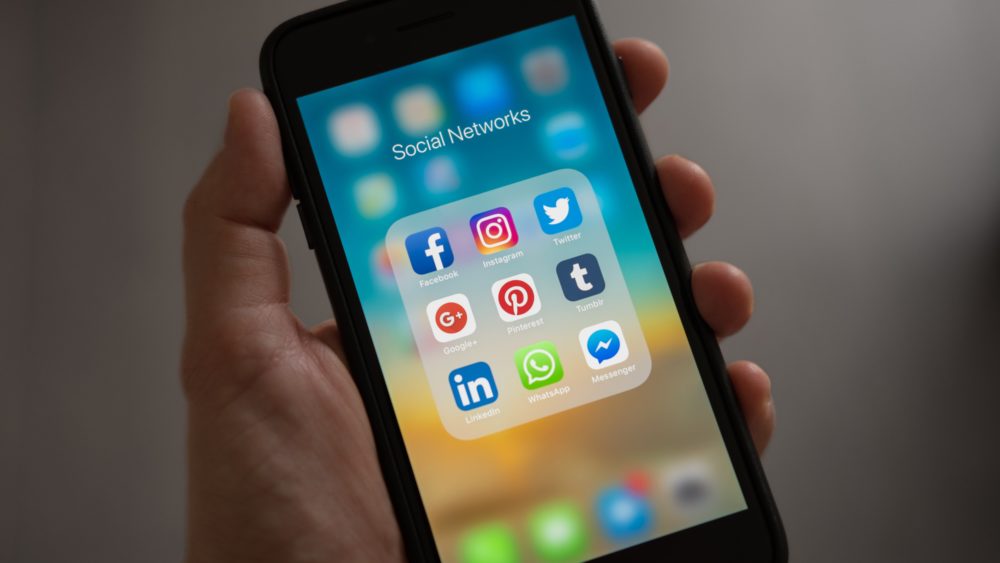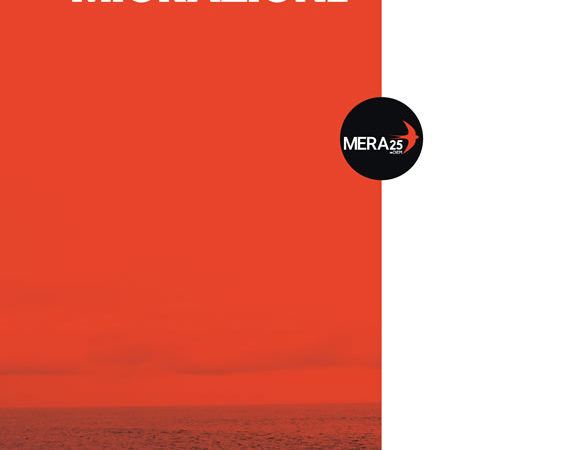Social media companies are not the saviors of democracy — they may lead us to its demise
In an ironic turn of events, social media companies had to shut the account of Donald Trump — an authoritarian president whose rise to power and grotesque attacks on democracy they had themselves enabled. Indeed, despite the lauded actions of social media companies that have blocked Trump after the capital riot, social media has been one of the main motors of the damaging effects of fake news and increased division worldwide. Here is why we should refuse this fatalistic view and break the power of big tech.
In the confusion of early 2021, at a time when the world was still gripped by the worst pandemic in a century and the US Capitol was under the assault of a pro-Trump mob set on overturning the results of the election, big tech corporations made an unprecedented move. Social media companies such as Facebook, Instagram and Twitter suspended the social media accounts of a sitting US president.
The existential threat that the Capital riot and its fraudulent accusations of a stolen election presented to the democratic process required exceptional measures. Trump’s authoritarian impulses should have been suppressed even long before. We do not dispute that. The question however is whether the power to decide on and execute these exceptional measures lies solely in the hands of the CEOs of several private companies.
The sovereign — to borrow the expression coined last century by political scientist Carl Schmitt — is the one who decides on the state of exception. Given that the exceptional decision to suspend Trump’s Twitter and Facebook account was not taken by the judiciary or legislative power, but by private companies, does that make them de facto sovereign entities?
In another remarkable though less commented decision, only a few days apart from the Capitol assault, Twitter refused to automatically transfer Trump’s followers to Biden, as they did four years before when Trump took over Obama’s account. Biden was forced to start anew with zero followers, with no explanation from Twitter.
Was this a display of sovereign power? If big tech wields this kind of leverage over both an outgoing and an incoming US president, one can only imagine what they are capable of doing when dealing with less powerful sovereign states around the world. Or with defenseless citizens. For one thing, the events of early 2021 have laid bare these huge power differentials.
Unraveling the unity of sovereign power achieved by modern nation states is sending us back to a modern form of technological feudalism. While all eyes are on the US elections, democracy around the world is under threat because of the exploitative, recklessly profit-driven, and non-transparent functioning of big tech companies.
Over a decade of mass social media usage, powered by algorithms that are exclusively aimed at maximising sales, even if that means manipulating our fears and reinforcing our pre-existing biases, has also incredibly polarised public debate and created fertile ground for the spread of unverified claims and ludicrous conspiracy theories.
Big tech companies have made themselves indispensable in many aspects of life. In many countries, Facebook is equivalent to the internet, as Facebook Zero allows access to Facebook without mobile charges.
It would be unimaginable to run a political campaign, let alone public office, without massive social media use. They are now making themselves equally indispensable in the control of the abuses that derive from it, wielding an unprecedented power of censorship.
There is some irony in big tech having to shut down an authoritarian president whose rise to power and attacks on democracy they had themselves enabled. Social media platforms are trying to portray themselves as the cure for the illness of modern democracy they are largely responsible for, but we should absolutely refuse a narrative that sees the quasi-sovereign power of big tech as unavoidable.
While their actions do make them de facto sovereign entities, it is not the content, but the size of the companies, that is the main problem.
In the end, we the Technological Sovereignty DSC do not believe that a legal solution (either through an intra- or supra-national approaches) is feasible, as a whole new court system would need to be established for the flood of cases, whenever a post is taken down.
A viable alternative thus has to be decentralisation of power, no monopolies or oligopolies of a few very powerful companies, so information and its flow is not controlled by the few.
Various platforms already exist, and are run and used by digital sovereignty conscious people (and not driven by shareholder profits), but the majority of people have yet to question the monopolies of big tech.
DiEM25 made Technological Sovereignty one of its pillars and you can read all about it here.
Additionally, start using alternatives to the options of big tech, some existing alternatives are:
Peertube as an alternative to Youtube
Mastodon as an alternative to Facebook
Matrix as an alternative to WhatsApp
Mattermost as an alternative to Slack
Photo by Tracy Le Blanc from Pexels.
Volete essere informati delle azioni di DiEM25? Registratevi qui!




